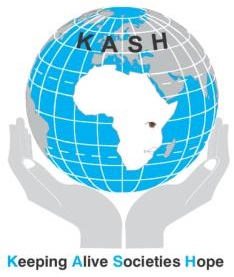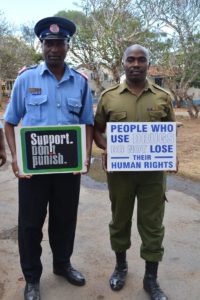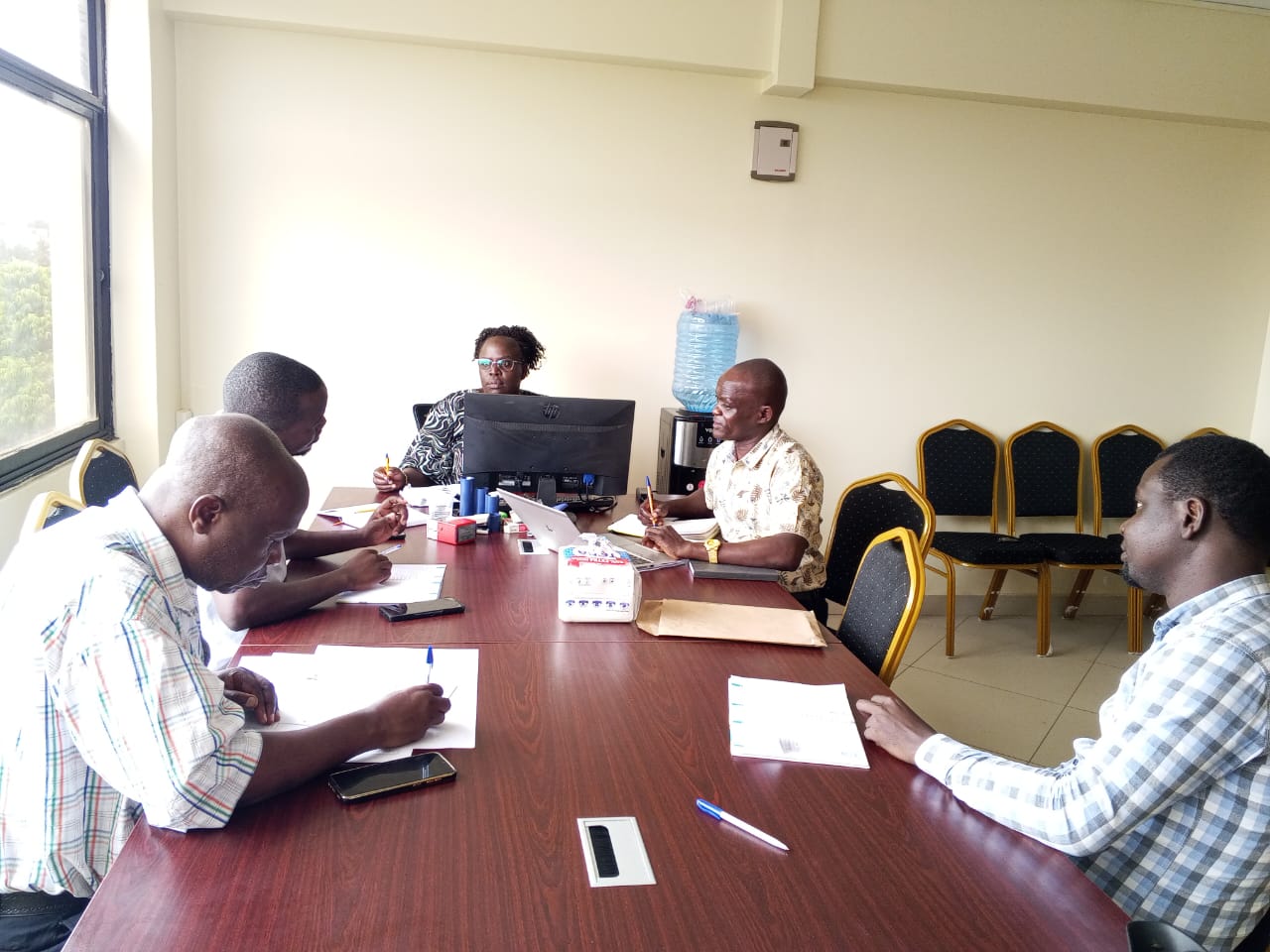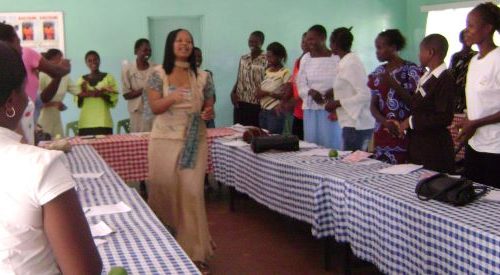On July 29, 2010, the quiet halls of Will Spring Hotel in Kisumu filled with an unusual mix of voices. Around one table sat police officers, judiciary representatives, and commercial sex workers—people who rarely met face-to-face except across the thin walls of a courtroom or the hard bars of a cell. The meeting, organized by Keeping Alive Societies’ Hope (KASH), was meant to break down barriers and start an honest conversation about the strained relationship between the police and sex workers.
KASH had long worked with vulnerable women in Kisumu, many of whom faced harassment, stigma, and health challenges. For years, commercial sex workers had lived in the shadows, navigating dangers not only from clients but also from the very officers tasked with protecting them. This meeting, therefore, carried weight: it was a chance to tell their stories and to seek change.
Dr. Mchana, a KASH board member, opened the discussion by highlighting the hidden suffering of sex workers in custody. He spoke of women living with HIV who often missed critical doses of medication after arrest, of filthy remand cells that worsened their health, and of a justice system that sometimes ignored their rights altogether. His words set the tone for a candid dialogue.
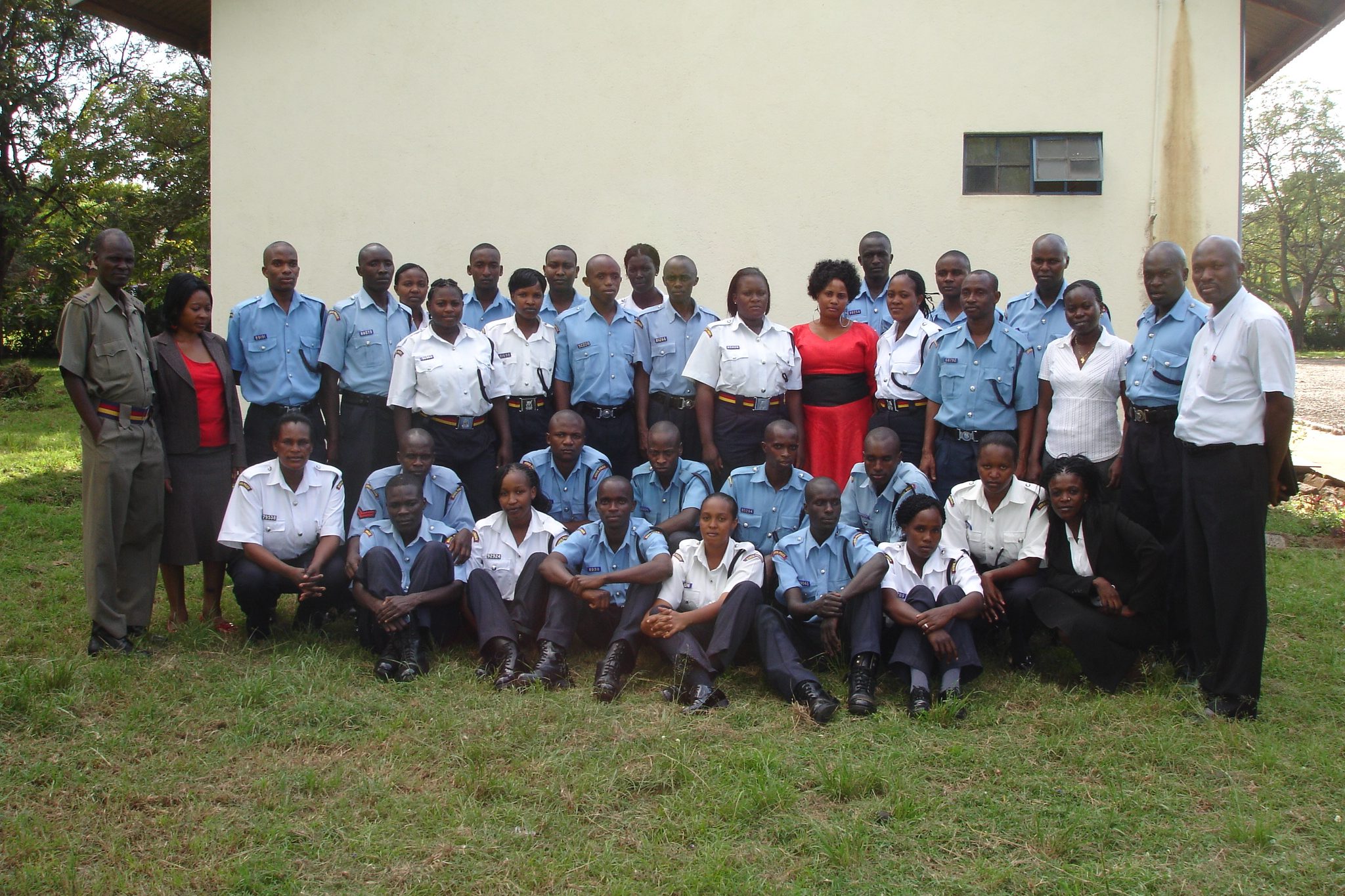
When the police spoke, they admitted their side of the story. Some officers explained that harassment often stemmed from perceived “out of bounds” areas where sex workers operated. Others confessed they were under pressure to meet daily arrest quotas, and sex workers—visible, vulnerable, and often unprotected—became easy targets. They also voiced frustrations: sex workers who forced themselves on clients, wasted police time by failing to appear in court, or resisted arrest.
The sex workers, in turn, spoke with remarkable honesty. They admitted that some of their own behaviors—being drunk and disorderly, fighting among themselves, or using abusive language—sometimes provoked conflict with police. Yet they also shared how fear of arrest and mistreatment had fueled distrust on both sides. A breakthrough came when the sex workers proposed mentoring younger peers, teaching them how to avoid unnecessary confrontations and encouraging more respectful interactions with officers.
Both groups acknowledged that KASH’s previous training sessions had softened hostilities, creating small but meaningful improvements in their relationship. The sex workers requested more of these forums, believing they could continue to transform suspicion into cooperation. By the close of the meeting, police and sex workers alike promised to put the lessons into practice. The air of tension had given way to cautious optimism.
But this was not the end of the story.
That same year, KASH extended its efforts by hosting a two-day workshop at Hotel Nasellica in Kisumu, this time in collaboration with the provincial police office. The training brought together 25 police officers and five sex workers. Its aim was ambitious: to reimagine the relationship between the police and vulnerable women, replacing hostility with understanding and equipping officers with accurate knowledge about HIV/AIDS and human rights.
The sessions unfolded like stepping stones toward a shared vision. The first was on Community Policing, where officers were reminded that safety was a collective responsibility. The conversation shifted from seeing sex workers as outsiders to viewing them as part of the community whose cooperation was vital to crime prevention.
The second session tackled HIV and AIDS. Here, myths gave way to facts. Officers learned about modes of transmission, the importance of Post-Exposure Prophylaxis, and strategies for preventing mother-to-child transmission. For many, it was the first time they had engaged openly with the subject, confronting stigma while also recognizing the health struggles of those they frequently arrested.
The third session dove into Sexually Transmitted Infections (STIs). Facilitators outlined the signs, symptoms, and long-term effects of untreated infections. The conversation broadened into discussions of reproductive health rights, connecting the dots between individual health and public well-being.
From health, the training moved into rights. The fourth session, Introduction to Human Rights, traced the history of rights and identified the barriers many women faced in claiming them. Police officers, often perceived as enforcers rather than protectors, were challenged to see themselves differently: as guardians of those rights, even for society’s most marginalized.
The final session brought everything into legal context with the Sexual Offences Act. Officers and sex workers examined the law together, clarifying misconceptions and identifying how it could be applied fairly in real situations.
Throughout the workshop, dialogue replaced confrontation. Misunderstandings were corrected, and stereotypes slowly chipped away. For the sex workers present, it was a chance to be heard not as criminals but as human beings deserving dignity. For the police, it was an opportunity to expand their role from enforcers of law to partners in community health and safety.
Behind these efforts was KASH itself, a community-based organization founded in 2003. With over 200 members, KASH had built its mission around supporting vulnerable women, especially commercial sex workers aged 16 to 40 who frequented Kisumu’s night spots. Their challenges were daunting—stigma, mistrust, harassment, and a lack of motivation to seek medical care. Yet KASH’s persistence had begun to change the narrative.
Both the hotel meeting and the later workshop were steps along the same path: one where dialogue, knowledge, and empathy could replace hostility, ignorance, and fear. While challenges remained, the conversations opened new possibilities. Sex workers could mentor each other. Police could incorporate vulnerable groups into community policing. And the judiciary could better understand the realities behind the cases it handled.
By the end, the participants walked away not with a solved problem, but with a shared commitment. The story of that July meeting and the subsequent training was not just about reducing harassment or filling quotas—it was about building a bridge between two groups that had long stood on opposite sides. And for once, in that space in Kisumu, they had chosen to cross it together.
